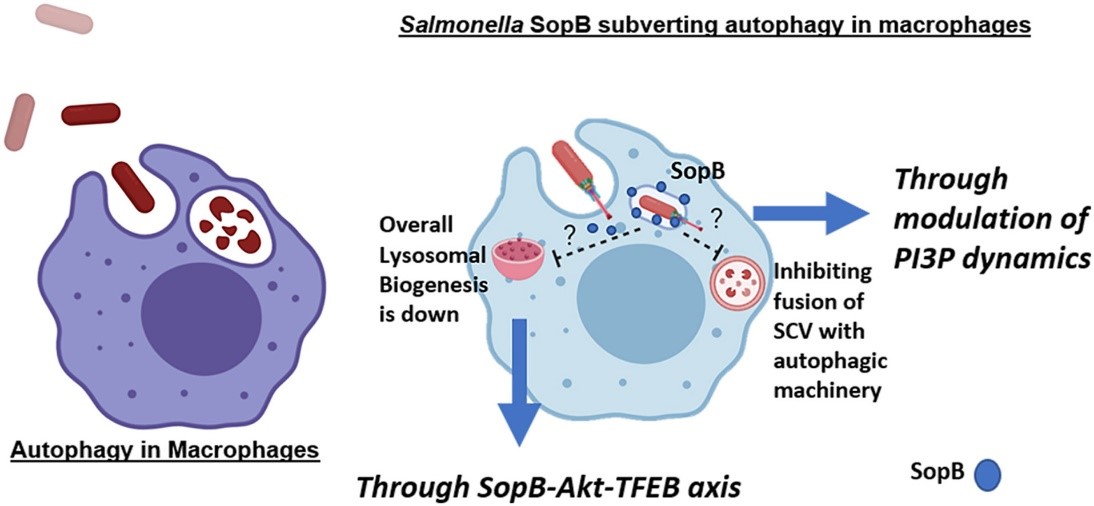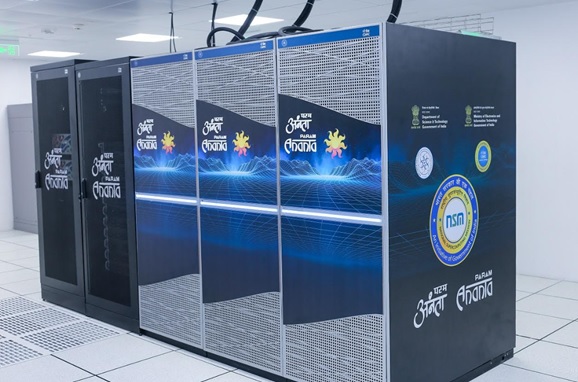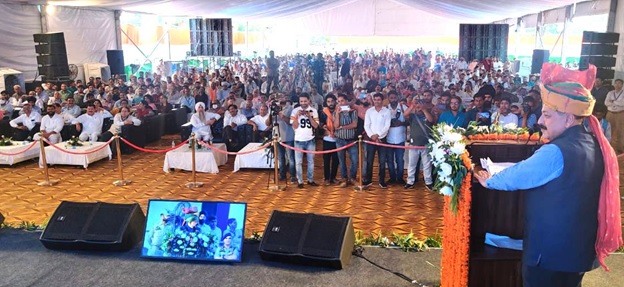
Salmonella is a type of bacteria found in a variety of foods, including meat, eggs, and dairy products. They can cause gastrointestinal and typhoid diseases in humans. It can evade the immune system and survive in specific cells in the body called macrophages (infection-fighting cells). Researchers from the Indian Institute of Science, Bangalore, have detected how protein in Salmonella called SopB, uses two mechanisms to avoid being destroyed by the immune system.
“We used cell culture and animal model-based experiments to study the host-pathogen interactions. We used several techniques ranging from molecular biology, microscopy-based and genetically altered bacterial systems to study the research questions,” informed Dr Dipshikha Chakravortty, the lead researcher, while speaking to India Science Wire.
Even though a significant line of treatments is available for patients infected with Salmonella, a section of the population with weak immunity (immune-compromised) can develop a severe and lethal disease prognosis. The illness can be severe in vulnerable populations, such as young children, the elderly, and people with weakened immune systems.
Salmonella is a type of bacteria found in a variety of foods, including meat, eggs, and dairy products. They can cause gastrointestinal and typhoid diseases in humans. It can evade the immune system and survive in specific cells in the body called macrophages (infection-fighting cells). Researchers from the Indian Institute of Science, Bangalore, have detected how protein in Salmonella called SopB, uses two mechanisms to avoid being destroyed by the immune system.

“Our discovery will help us understand how Salmonella evades the immune system and shed light on potential new therapies to fight the infection. To increase the number of lysosomes, for instance, small molecule inhibitors against SopB or activators of transcription factor EB (TFEB) could be developed as new treatment options,” Dr Chakravortty eplains.
Foodborne diseases are a significant public health concern worldwide, causing illness, death, and economic losses. The burden of foodborne diseases is exceptionally high in low- and middle-income countries, where there are limited resources for food safety management. Therefore, it is critical to develop a deeper understanding of the pathogen’s basic biology and its interaction with the host is critical.
The research also highlights the need to investigate the long-term effects of Salmonella infection on the TFEB pathway. It may help understand the links between Salmonella infections and risks of developing neurodegenerative disorders.
The team comprises Ritika Chatterjee, Debalina Chaudhuri, Subba Rao Gangi Setty, and Dipshikha Chakravortty. The study has been published in Microbes and Infection. The study was supported by the Department of Biotechnology (DBT), the Department of Science and Technology (DST), Ministry of Science and Technology.
India Science Wire
ISW/SM/IISc/Salmonella/Eng/13/04/2023





